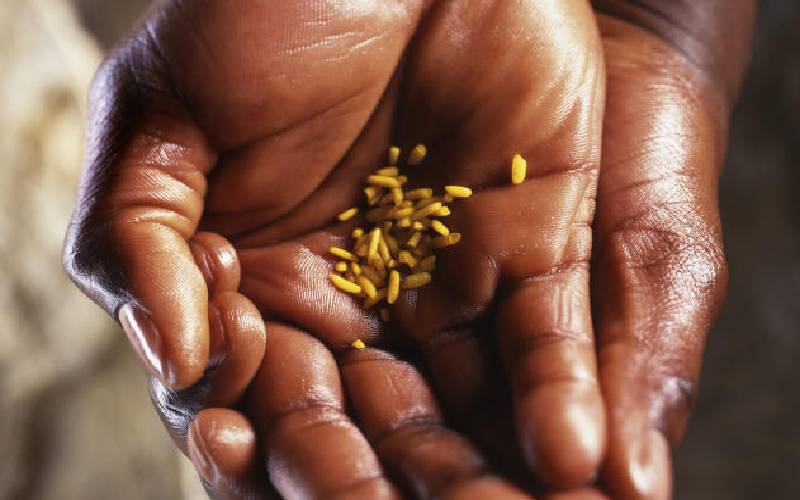×
The Standard e-Paper
Stay Informed, Even Offline

“Remember that you are dust, and to dust you shall return” and so, “repent, and believe in the Gospel.” These are very strong words to Christians of various religious traditions, but in particular millions of Catholics, will be told today as they mark the beginning of 40 days of prayer, fasting and alms giving. The words are uttered as the presider, using ashes, makes a sign of the cross on a believer’s forehead.